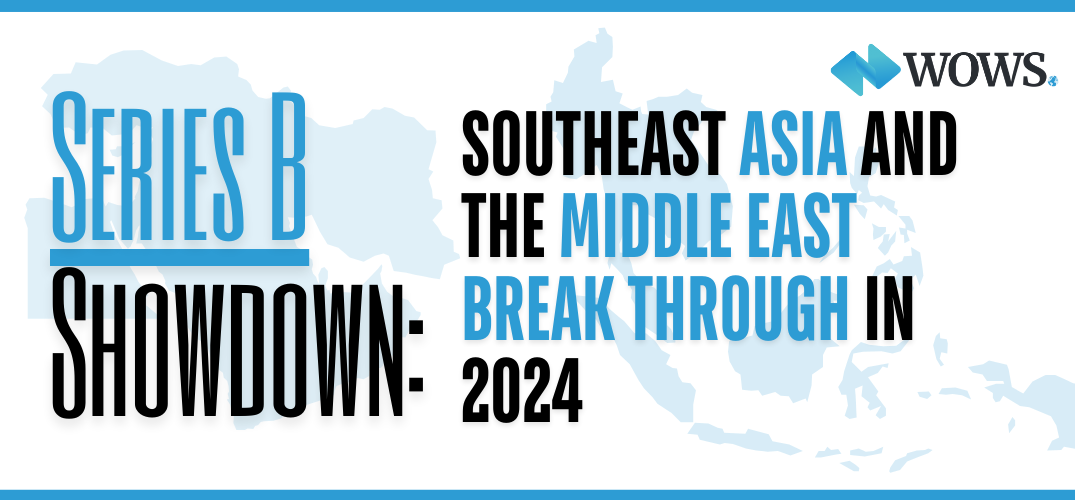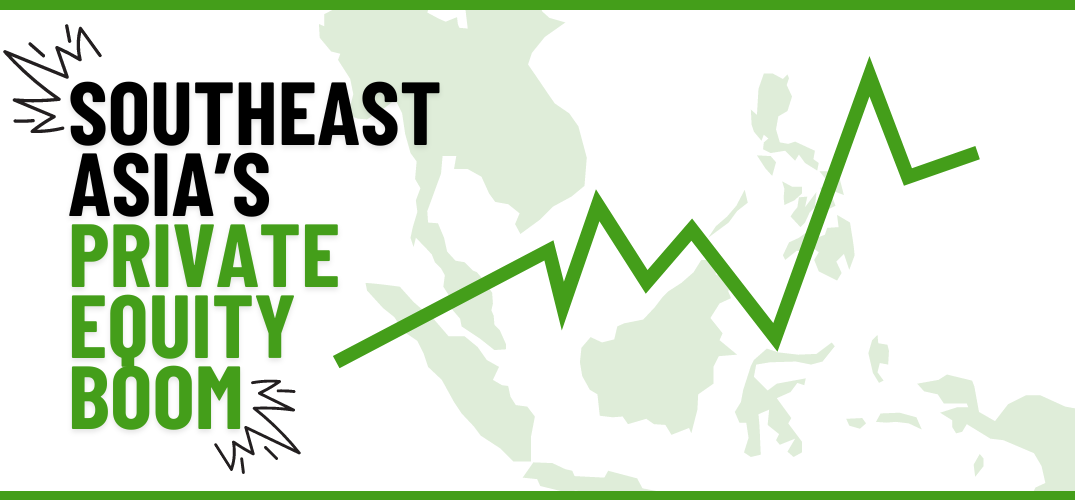How to Navigate the Legal and Regulatory Landscape for Startup Investments in Southeast Asia
Startup Investments Southeast Asia

Southeast Asia is a vibrant and rapidly-growing region that is home to some of the world's fastest-growing economies. As a result, it is an attractive destination for startups and investors looking to tap into the region's potential. However, navigating the legal and regulatory landscape can be challenging, especially for first-time investors. In this article, we will discuss the key legal and regulatory considerations that investors need to keep in mind when investing in startups in Southeast Asia.
Choose the right investment structure
The first step in navigating the legal and regulatory landscape for startup investments in Southeast Asia is to choose the right investment structure. There are several investment structures available, including equity, debt, and convertible debt.
Equity is the most common investment structure, where investors receive ownership in the startup in exchange for their investment. Debt involves lending money to the startup, and investors receive interest payments on their investment. Convertible debt is a hybrid of equity and debt, where investors lend money to the startup, but the debt can be converted into equity at a later stage.
It is important to choose the right investment structure based on the startup's needs and the investor's goals. Equity is usually the best option for investors looking to take an active role in the startup's operations, while debt is suitable for investors looking for a passive investment.
Understand the local laws and regulations
Southeast Asia is home to a diverse range of legal systems, each with its own set of laws and regulations. Investors must familiarize themselves with the local laws and regulations to avoid any legal issues.
In some countries, such as Singapore, Malaysia, and Indonesia, there are specific laws and regulations governing startup investments, including tax incentives and startup-friendly policies. Investors must ensure they comply with these regulations to avoid any penalties.
Investors must also be aware of any restrictions on foreign ownership or investment in certain sectors. For example, in Indonesia, foreign investment in certain sectors, such as retail, agriculture, and healthcare, is restricted. Investors must ensure they comply with these restrictions to avoid any legal issues.
Conduct due diligence
Before investing in a startup in Southeast Asia, investors must conduct due diligence to ensure the startup is viable and has a sound business plan. Due diligence should include a review of the startup's financial statements, business model, management team, and legal structure.
Investors should also conduct background checks on the startup's founders and key executives to ensure they have the necessary experience and skills to execute the business plan. Due diligence can help investors identify any potential red flags or risks and make an informed investment decision.
Seek professional advice
Investors should seek professional advice when investing in startups in Southeast Asia. This can include legal, tax, and financial advice.
A lawyer can help investors navigate the local legal and regulatory landscape, ensure compliance with local laws and regulations, and draft legal documents such as investment agreements and shareholder agreements.
A tax advisor can help investors navigate the local tax landscape, ensure compliance with local tax laws, and minimize tax liabilities.
A financial advisor can help investors evaluate investment opportunities, analyze financial statements, and make informed investment decisions.
Understand the cultural and business landscape
Southeast Asia is home to a diverse range of cultures and business practices. Investors must understand the cultural and business landscape to effectively navigate the region's startup ecosystem.
For example, in some countries, such as Indonesia and Thailand, relationships and personal connections play a crucial role in business. Investors must be willing to build relationships and establish trust with local partners and stakeholders.
Investors must also be aware of the local business practices and customs, including negotiation tactics, gift-giving, and communication styles. Understanding the cultural and business landscape can help investors build relationships, avoid misunderstandings, and make informed investment decisions.
In conclusion, navigating the legal and regulatory landscape for startup investments in Southeast Asia requires careful consideration of various factors, including investment structure, local laws and regulations, due diligence, seeking professional advice, and understanding the cultural and business landscape. By taking these steps, investors can minimize risks and maximize their chances of success in the region's startup ecosystem.
Contact WOWS Global today to learn more about our services and how we can help you grow your business. As a global consulting firm with expertise in legal, tax, and financial advisory, we can provide you with the necessary guidance to navigate the legal and regulatory landscape in Southeast Asia. Our team of experienced professionals can help you identify investment opportunities, conduct due diligence, and ensure compliance with local laws and regulations. Contact us at contact@wowsglobal.com to learn more.
Related Posts
-

Series B Southeast Asia Middle East
Series B Showdown: Southeast Asia and the Middle East Break Through in 2024
In a world where raising venture capital feels like pulling teeth, Southeast Asia and the Middle East have become unlikely champions. Specifically, we’re talking about Series B funding—the so-called "make or break" round where startups are expected to have proven product-market fit and demonstrated strong growth metrics. Data from Carta shows a global drop in Series B funding, particularly in the U.S. market, where only the most capital-efficient companies are managing to score checks. But for founders in Southeast Asia and the Middle East, 2024 is shaping up differently. Series B, once a hard sell in these regions, is now a coveted target and, more importantly, an achievable milestone. Let’s break it down. -

Southeast Asia SME Lending Mergers Sustainability
Southeast Asia’s Investment Frenzy in September 2024: Startups Thriving Across Sectors
September 2024 has been a landmark month for Southeast Asia’s startup scene, with significant investments across fintech, AI, sustainability, and EVs. Learn how these industries are driving the region’s innovation. -

Papaya startup hospitality tech Southeast Asia
Papaya's Expansion: A Fresh Take on Hospitality Tech in Southeast Asia
Papaya, a fintech startup from Thailand, is revolutionizing the hospitality industry in Southeast Asia. With fresh funding from BEENEXT and A2D Ventures, Papaya is ready to scale its digital ordering and payment platform across the region. -

SAFE agreement Thailand startups Southeast Asia
Surfing the SAFE Wave: How Thailand's Startups Are Riding High
Thailand’s startups are catching the wave of innovative funding with SAFEs. Learn how these agreements are transforming early-stage financing in the region, the benefits they offer, and the legal challenges they present. -

Southeast Asia Startup Ecosystem
Exploring Southeast Asia's vibrant Startup Ecosystem
Southeast Asia is home to a bustling startup ecosystem that is rapidly evolving and capturing the attention of investors and entrepreneurs alike. With its thriving economies, growing middle-class population, and increasing internet and smartphone penetration rates, the region offers immense potential for innovation and business growth. -

Startup Investments
The Role of Incubators and Accelerators in Startup Investments
In the fast-paced world of entrepreneurship, startups often face significant challenges in accessing funding, resources, and mentorship. To overcome these hurdles and accelerate their growth, many innovative ventures turn to incubators and accelerators. These specialized programs provide invaluable support, guidance, and opportunities for startups to thrive. In this article, we will delve into the definitions of incubators and accelerators, explore their roles in startup investments, and highlight how WOWS Global, as a prominent player in the field, can help startups achieve funding and success.
